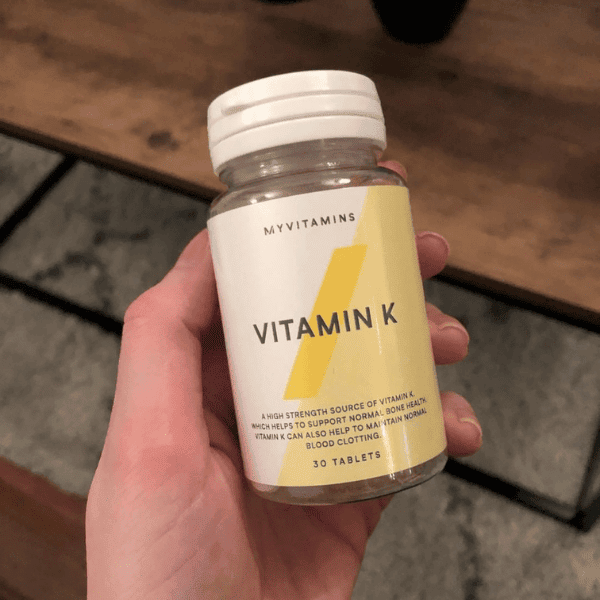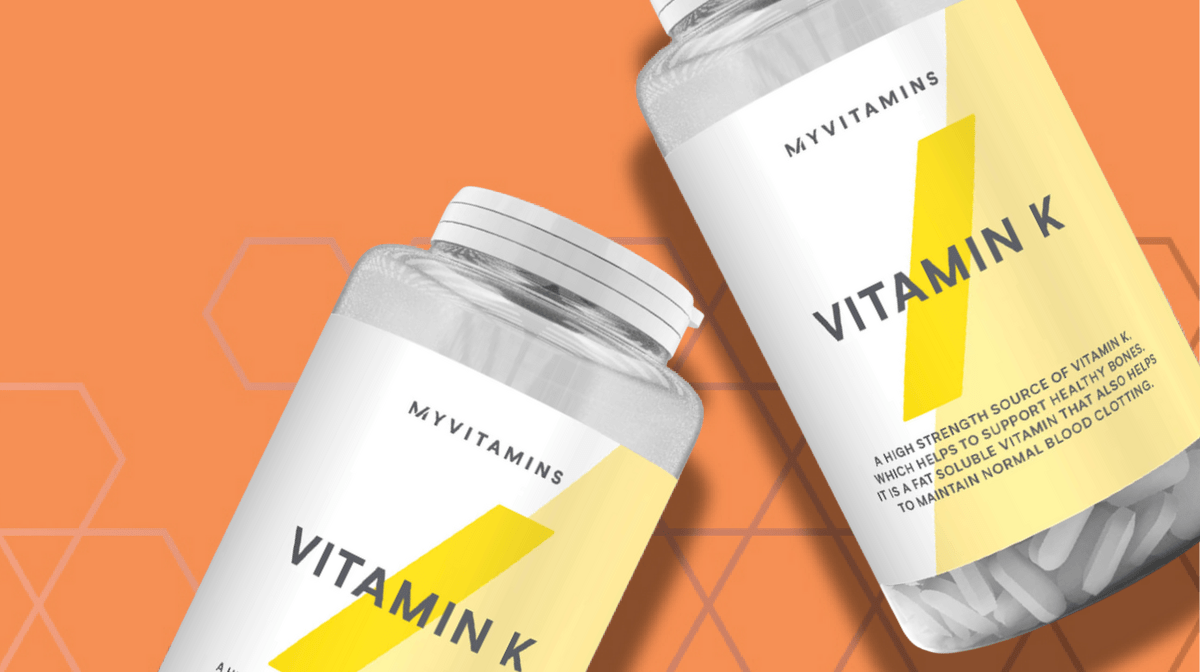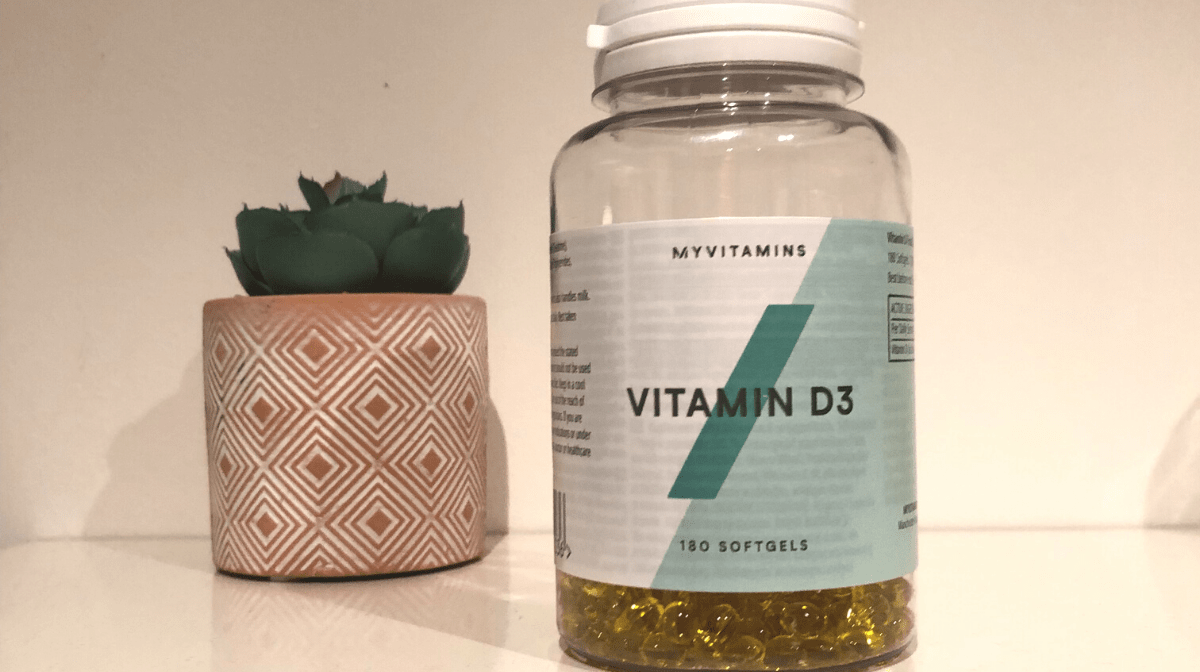
Vitamin K is a fat-soluble vitamin which plays an important role in blood clotting, bone health and more. (1,2) Here’s everything you need to know about this essential nutrient.
What Is Vitamin K?
The two main types of this vitamin are K1 and K2:
K1 comes from our diet and is mostly found in green vegetables including kale, broccoli and spinach.
K2 can come from our diet but is also made naturally in our gut.
If you want to support your levels of vitamin K further, then supplements can help.

Vitamin K is mostly known for its role in coagulation, or blood clotting. (1) This is a vital process which prevents excessive bleeding both externally and internally. This essential nutrient also contributes to the accumulation of calcium, making it important for general bone health.
Vitamin K and Vitamin D
According to Healthline, vitamin D and vitamin K ‘work as a team’ to support general wellbeing. 3
As well as supporting immune function (4) and contributing to cell function, (5) vitamin D maintains the levels of calcium in our blood. (6) Vitamin K regulates the calcium in the body, ensuring it reaches our bones and doesn’t accumulate in soft tissues.
Our bodies can make vitamin D from sun, but in the winter months our levels can drop, and supplements can help. For a vegan friendly, delicious source of this nutrient, try our Vitamin D Spray.
To find out more about vitamin D, take a look at our blog post.
To shop more of our essential supplements, click here.
- Vitamin K contributes to normal blood clotting.
- Vitamin K contributes to the maintenance of normal bones.
- https://www.healthline.com/nutrition/vitamin-d-and-vitamin-k#TOC_TITLE_HDR_3
- Vitamin D contributes to the normal function of the immune system.
- Vitamin D has a role in the process of cell division.
- Vitamin D contributes to normal blood calcium levels.

Related Articles









